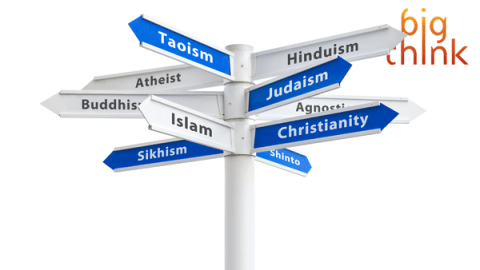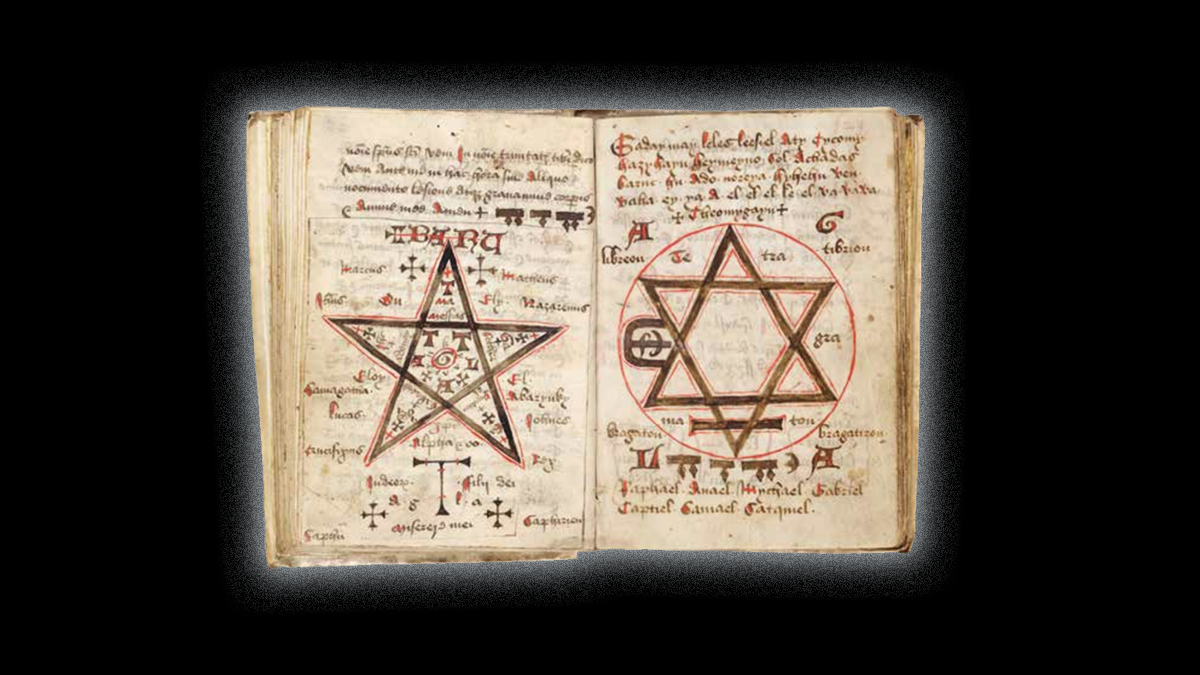The Shortcomings of Religion and the Coming Revolution, with Roberto Unger

“For over 200 years the world has been set on fire by a revolutionary message. The message is that every individual human being is divine. That all of us despite the constraints and humiliations that surround us can share in a greater life and share even in the attributes that we ascribe to God.”
And with this as his starting point, Roberto Unger embarks on an exploration of the processes by which social change and spiritual rebirth could beget a living actualization of individual human divinity.
The title of Unger’s new book, The Religion of the Future, refers to the theoretical product of a modern spiritual revolution. The goal of this revolution would be to promote a greater life for the ordinary individual. The means by which this revolution would be achieved depends entirely on the important relationship between personal conduct and the structures of society.
“It is not enough to innovate in our politics. We must also innovate in our basic ideas about who we are.”
First, a little bit about Roberto Mangabeira Unger. He is a social theorist, Brazilian politician, and law professor, as well as the only South American faculty member at Harvard Law School. His philosophical teachings are built upon the foundational conviction that the arbitrary and imagined structures of society should exist not in a concrete state of stability, but rather as flexible institutions to serve the advancement and liberation of humanity. His work on The Religion of the Future, which he discusses at length in his Big Think interview, reflects this philosophy.
To understand the Religion of the Future, one must possess an understanding of the influential religions of past and present. As Unger explains, a series of religious revolutions that took place around 2,000 years ago churned out three major religious categories of direction. First, there's the category that Unger calls "overcoming the world," which features Buddhism:
"According to this view all the distinctions and changes that surround us are illusory. Our task if we are to escape from suffering is to communicate with the hidden and unified being and to escape this nightmare of the apparent world."
Next comes the group that includes Confucianism. Unger labels this direction "the humanization of the world":
"It teaches us that in a meaningless world we can create meaning. We can open a clearing space, a social order that bears the imprint of our humanity. And in particular we can do so by creating a society that conforms to a model of what we owe to one another by virtue of occupying certain roles."
Finally, we have the third direction, "the struggle with the world," which includes Judaism, Christianity, and Islam:
"It tells us that there is a trajectory of ascent by which through changes in how we live and in how we organize society we can rise to a greater life and share in the attributes that we ascribe to God. And thus this ascent requires a struggle and so I call it the struggle with the world."
Unger focuses on this third direction and deems "the struggle with the world" a category in which liberalism, socialism, and democracy can also be included:
"It is this third direction that has exerted the greatest influence on humanity over the last couple of centuries in forming a series of revolutionary projects in politics and in culture that have set the whole world on fire."
Unger's gripes with this predominant third direction lie not so much in core values but rather in how the espoused ideas are realized in practice. Each of the religions shares with the others a number of unsettling characteristics:
"One of these characteristics is that they have represented, as it were, a kind of two sided ticket. One side of the ticket is a license to escape the world. A second side of the ticket is an invitation to change the world. And this ambivalence has never been fully resolved."
The second characteristic has to do with the religions' approach to what Unger calls "the incorrigible flaws in the human condition." These are mortality, groundlessness, and insatiability.
"All of these religions have attempted to say that there is a solution, an antidote that we, in fact, will not die or at least that there is some compensation – some compensation for these enigmas and terrors of our existence. An entirely different moment in the history of religion would begin if we accepted these realities for what they are and no longer attempted to deny them."
Finally, the main failing of the "third direction" religions exists in the blind manner by which correspondent social structures have been constructed:
"The dominant view in the history of world religion and philosophy, and indeed in modern academic moral philosophy, is that the fundamental problem of moral life is selfishness. And the solution to selfishness is a principle of altruism. And this principle of altruism is to be enforced by conformity to certain rules that define our obligations to one another. And these rules are to be determined by some conceptual method like Kant’s categorical imperative or Bentham’s calculus of the greatest happiness for the greatest number."
As Unger explains, the insistence that individuals strive for a conformist, pseudo-pious life runs contrary to the values at the core of "the struggle with the world":
"There the view is that the basic problem of our moral experience is not selfishness but rather a contradiction in the conditions of personality and in our relations to other people. We need the others. We make ourselves into human beings only through connection. But every connection is a threat. Every connection jeopardizes our freedom, our autonomy, our self-construction. And thus all of our relations to the others are shadowed by an inescapable ambivalence."
Another point Unger makes is that the doctrines of religion have, instead of installing their own brands of ethical behavior and social organization, adopted preexisting structures that run contrary to their values. In fact, if you were to envision a society that constructed itself upon the foundation of "third direction" ideals, it would hardly resemble what we're operating with today. Thus, the need for a spiritual revolution.
We can begin such a cultural shift by acknowledging the imperative for love and cooperation between individuals. This connection exists despite personal fears pertaining to "otherness":
"The highest form of moral experience is reconciliation with the other on the basis of equality and at the price of a heightened vulnerability."
Unger also calls for a rebellion against social structures that are "death to the spirit":
"So the routines of marriage by contrast to romantic love or the bureaucratic apparatus of the state in opposition to the crowd in the streets. We can’t get rid of the structures definitively but we can momentarily rebel against them. And these interludes of rebellion are then the time when we become fully human."
Ultimately, the main point of departure on the way to revolution is in coming to terms with those "incorrigible flaws" in the human condition: mortality, groundlessness, and insatiability. These flaws are to no longer be denied, and we should abandon any belief that they can be conquered. The humiliation and belittlement they impose on us are to be remedied by an ascension to a higher state of living. This ascension is brought upon by spiritual and social reform.
Spiritual reform involves combating "the shell of compromise and routine" that forms around individuals as they grow older. This involves the self rigidifying into character:
"The marriage of the character with a social circumstance to which we are resigned then becomes a proxy for the living self, a mummy that begins to form around each of us within which each of us slowly dies many small deaths."
So basically, such compromise and routine suffocate our individual dynamism and stifle our abilty to lead a more broad existence. The solution to breaking away from this, to becoming "God-like," is:
"[to project ourselves] into situations in which we are unprotected, in which we lose our habitual protections, in which we are forced to become more vulnerable."
This is where we find the marriage between spiritual and social reform. To project oneself into a state of heightened vulnerability, we must break out of the societal shell installed to make us feel safe. This is the political project of Unger's spiritual revolution:
"The major political forces in the world accept the established institutions and we think that the conservatives are those who within that institutional framework give priority to freedom and the progressives or leftists are those who give priority to equality. But it is shallow equality against shallow freedom because it’s based on this acceptance of the established framework."
In restructuring that framework, Unger insists that the main objective cannot be "equality of outcome or circumstance" but rather the universal goal of the revolution: the pursuit of a greater life for the ordinary man and woman.





